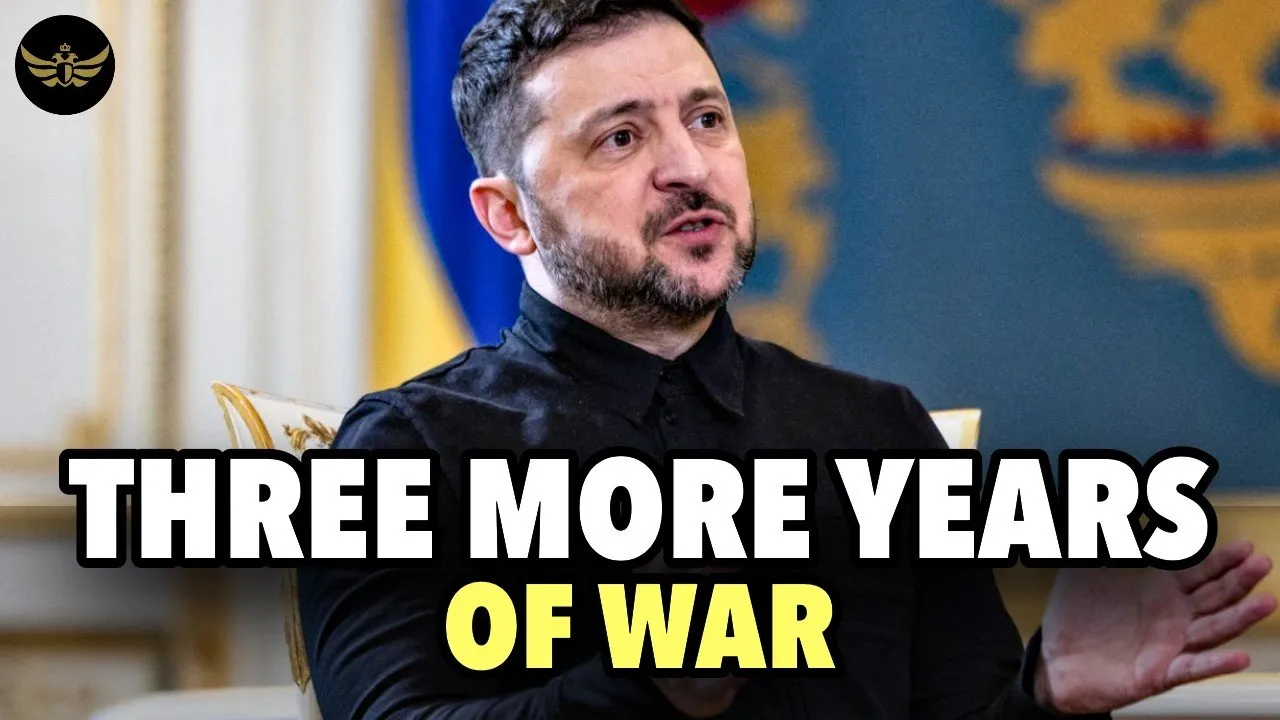Table of Contents
Prime Minister Lawrence Wong led the People's Action Party (PAP) to a decisive win in Singapore's 2025 general election, securing 87 of 97 parliamentary seats with 65.57% of the popular vote, extending the party's 66-year rule.
Key Takeaways
- The PAP increased its vote share to 65.57%, up more than 4 percentage points from the 2020 election, winning 87 out of 97 parliamentary seats.
- This election marked Prime Minister Lawrence Wong's first electoral test since succeeding Lee Hsien Loong in 2024.
- The Workers' Party (WP) retained its 10 seats and will be offered 2 additional Non-Constituency MP positions.
- Economic concerns and global instability were major factors driving voters toward the ruling party.
- The election took place amid rising living costs and economic uncertainty, with Singapore potentially facing recession due to global trade tensions.
- Opposition parties struggled to make inroads, with many candidates losing their election deposits.
- PM Wong described the results as "a clear signal of trust, stability and confidence in your government."
A Decisive Victory for the PAP
In a resounding endorsement of Singapore's ruling party, the People's Action Party (PAP) secured 65.57% of the national vote in the May 3 general election, improving on its 2020 performance by more than 4 percentage points. The PAP won a total of 87 seats, with victories in 15 Group Representation Constituencies (GRCs) and 14 Single Member Constituencies (SMCs), in addition to the five seats it had already secured through a walkover in Marine Parade-Braddell Heights GRC.
Prime Minister Lawrence Wong, who succeeded Lee Hsien Loong in 2024, expressed gratitude for the strong mandate, stating: "This is a clear signal of the people's confidence, stability and trust in the government." The decisive win puts Singapore "in a better position to face a turbulent world," according to Wong, who was leading the party in an election for the first time since becoming Prime Minister.
The election results showed the PAP winning with overwhelming margins in many constituencies, securing over two-thirds of the votes in 18 out of 33 divisions. In some areas, such as Jurong Central SMC, the PAP garnered as much as 80.51% of the vote.
Economic Concerns Drive Voter Decisions
The election took place against a backdrop of economic uncertainty, with Singapore facing challenges from rising living costs, housing affordability issues, and potential recession risks due to global trade tensions. The PAP campaigned on a platform of continuity, experience, and proven governance, framing its appeal around Singapore's need for strong leadership amid global uncertainties.
In April 2025, the United States implemented a 10 percent universal tariff on imports from all countries, including Singapore, adding pressure to the city-state's export-dependent economy. This development heightened economic anxieties among voters, with many preferring the stability offered by the experienced PAP government.
One PAP supporter, a start-up entrepreneur identified only as Amanda, told the BBC that her business had been impacted, with clients delaying projects due to the economic situation. "The challenges are significant, and there's a lot of uncertainty... I prefer a party with experience in government," she remarked.
The PAP government had also introduced measures in February's budget to address cost-of-living concerns, including grocery vouchers, tax deductions, and cash distributions. Prime Minister Wong promised further assistance if Singapore's economy suffers adverse effects due to global trade disputes.
Opposition Parties Maintain Existing Seats But Fail to Make Gains
Despite energetic campaigning, opposition parties faced significant challenges in the 2025 election. The Workers' Party (WP), Singapore's main opposition force, retained its strongholds of Aljunied GRC, Sengkang GRC, and Hougang SMC, but failed to make inroads in new constituencies.
The WP's winning margins actually increased in both Sengkang GRC (56.31% this year versus 52.13% in 2020) and Hougang SMC (62.17% this year versus 61.19% in 2020), while in Aljunied GRC its vote share of 59.68% was just marginally smaller than the 59.93% it received in 2020. The party will also be offered two non-constituency MP seats, having lost by slim margins in Jalan Kayu SMC and Tampines GRC.
WP leader Pritam Singh described the election as "a challenging battle for the Workers' Party, as any opposition group in Singapore faces significant hurdles in making strides within our political framework."
Other opposition parties performed poorly, with the Progress Singapore Party (PSP) seeing its vote share in West Coast-Jurong West GRC drop from 48.3% in 2020 to 39.99% in 2025. The Singapore Democratic Party's high-profile candidate, Dr. Paul Tambyah, also saw his vote share in Bukit Panjang SMC drop from 46.27% to 38.59%.
A record number of opposition candidates lost their election deposits - in seven constituencies - after failing to secure enough votes, highlighting the challenges faced by smaller parties in Singapore's political landscape.
Lawrence Wong's Leadership Test
The 2025 general election marked Prime Minister Lawrence Wong's debut as the leader of the PAP and Singapore's prime minister, following his succession of Lee Hsien Loong. This election was widely seen as a referendum on Wong's leadership and his ability to guide Singapore through challenging times.
Wong, 52, described the election as a "humbling experience" and committed to serving voters diligently. "We are grateful for your strong mandate and... will honour the trust that you have given to us by working even harder for all of you," he said.
The strong mandate received by Wong demonstrates broad public confidence in his leadership, even as Singapore faces significant challenges, including economic uncertainties and rising living costs.
Looking Ahead: Governance Priorities
Following the election, Prime Minister Wong highlighted several priorities for his government, including addressing cost-of-living concerns and housing issues. He mentioned that the PAP government's "comprehensive approach" to tackle these issues is already in motion.
Wong also emphasized the need to prepare for potential economic challenges, stating: "We are focused not just on cost of living, but the broader economic situation, and looking at whether there's a need for additional measures. We are preparing drawer plans. We are prepared to activate them if the situation worsens."
The Prime Minister also pledged to continue to innovate and improve governance to meet society's expectations, particularly focusing on listening to and responding to the concerns of youth and first-time voters.
Singapore's election results signal that voters have opted for stability and continuity in the face of global uncertainties, giving the PAP government a strong mandate to navigate the challenges ahead while maintaining the city-state's economic competitiveness and social cohesion.







